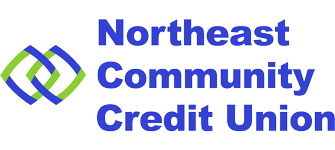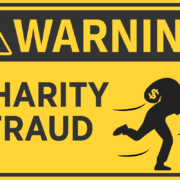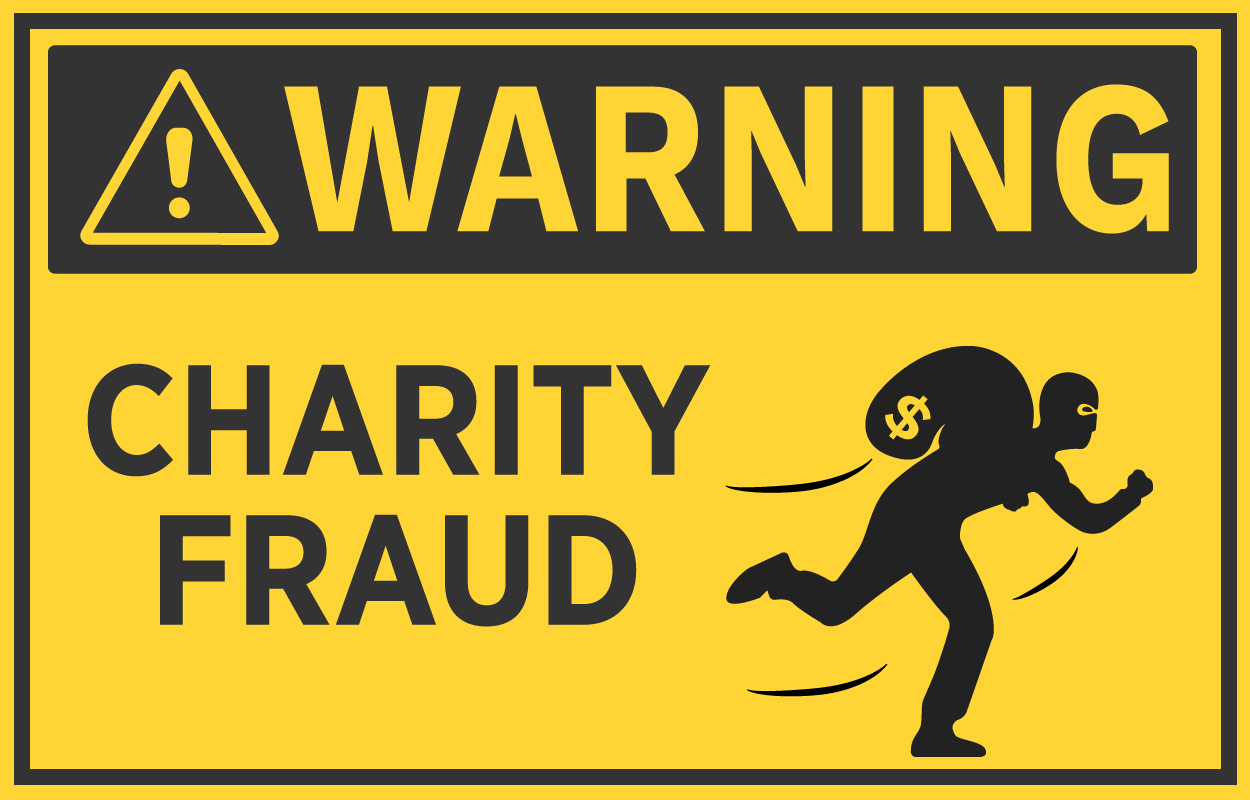Even if you’re staying on track with your New Year’s resolutions, every small-business owner has to prepare for tax season. The major deadline may be a month or two away, but it will approach faster than you think. Here are a few tips to think about as you begin.
1. TRY BOOKKEEPING ONLINE
For all the times a cashier asked you, “Do you need a receipt?” hopefully you said yes when it was for business. Now is the time to organize all of your receipts and records from last year, whether in paper or online, and keep them all together in case of an audit. If you find paper receipts cluttering your workspace, consider storing them online using nifty apps like Shoeboxed and Neat.
When it comes to taxes and the Internal Revenue Service, it’s better to be safe than sorry, especially if your business is in its early stages.
2. SEPARATE PERSONAL AND BUSINESS DEDUCTIONS
For small-business owners especially, make sure that your personal and business expenses stay separate. As you follow the Section 179 guidelines and divide up costs, check your personal bank accounts for any business expenses or employee reimbursements.
Remember to check for any changes in the rules for deductions. For example, business rates for standard mileage deductions went up last tax year to 57.5 cents per mile, an increase of 1.5 cents from 2014. Another thing to note is the relatively new simplified option for home office deductions, in which home use for business can be calculated by square foot, not just percentage. Just be sure to know the limits of these deductions as they apply for your business.
3. APPLY FOR AN EIN
If this is the first tax season that you have employees or you recently restructured your business, you will need to get a new EIN. This is an employer identification number, a nine-digit number given by the IRS so your business can be identified consistently on taxes from you and your employees. Applying online will be the fastest way to receive your EIN.
4. KEEP TAXES FOR YOUR EMPLOYEES AND CONTRACTORS STRAIGHT
Distinguishing your employees from your independent contractors is crucial. Simply put, an employee’s work can be monitored for what and how things are done, whereas a contractor’s work can be controlled only when it’s complete. For taxes, this freedom of action makes the contractor a self-employed worker who files a Schedule SE (Form 1090), or the self-employment tax.
For employees, payroll taxes include income, Social Security, Medicare and unemployment taxes. Employers withhold the first, withhold and pay the next two, and pay the last. Then employees can file their W-2s.
Since contractors don’t have payroll taxes, mislabeling an employee as a contractor can look like tax evasion in the eyes of the IRS and result in serious repercussions. Employers can be charged with penalty fees and interest on the employee’s payroll taxes.
5. KNOW THE IMPORTANT DATES
Your deadlines will depend on your business structure. For a sole proprietorship, the deadline to fill out a Form 1040 with a Schedule C is usually April 15 (but April 18 in 2016). For an S corporation, the deadline is a bit earlier. You have to complete the Form 1120S for income taxes and pay by March 15. For any shareholders, provide them with a Schedule K-1 (Form 1120S) so they can calculate share of income, deductions and credits.
If you miss the deadline, the IRS imposes a penalty fee of 5% monthly for late filing, up to a maximum of 25%. The total penalty is calculated from your deadline to the date you filed the tax return, so it’s in your best interest to file your taxes.
Make sure to prepare your business for the inevitable, and you will glide through tax season with minimal stress.
© Copyright 2017 NerdWallet, Inc. All Rights Reserved
 Credit Union Helping Teacher’s Teach winner.
Credit Union Helping Teacher’s Teach winner.



